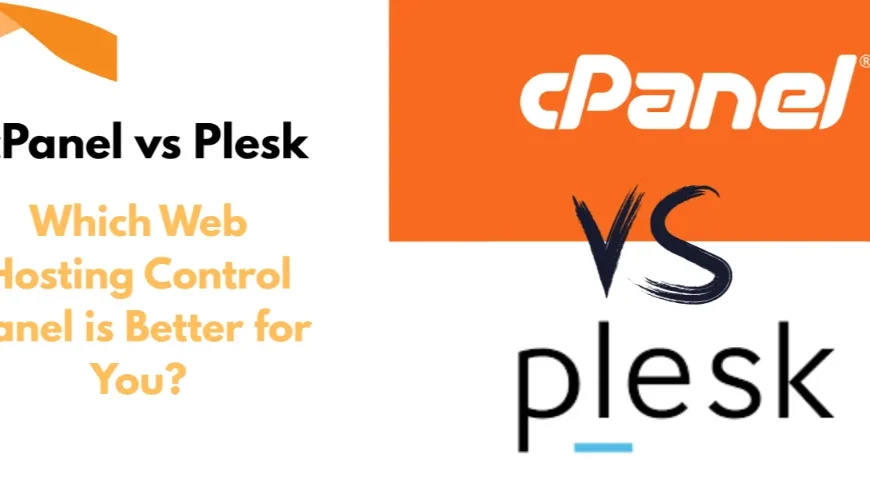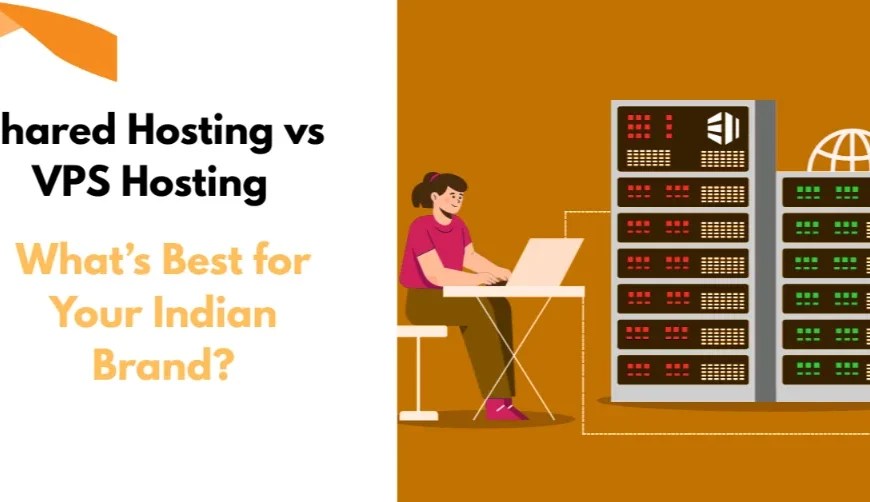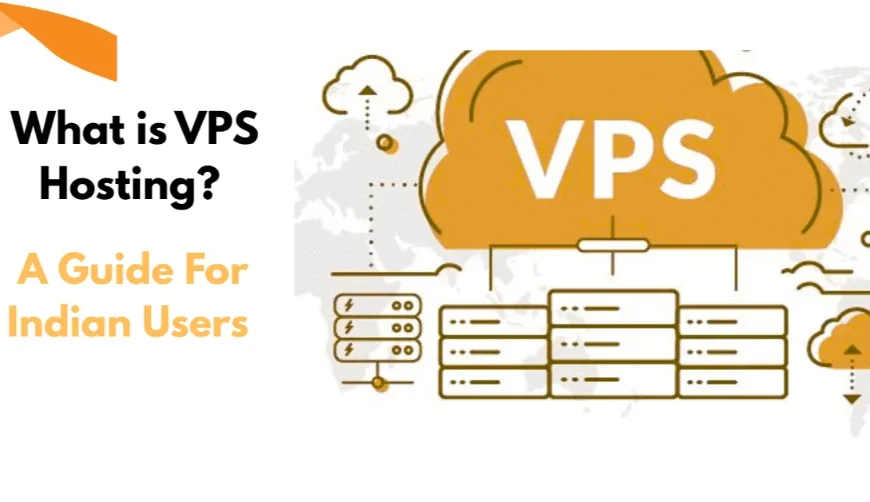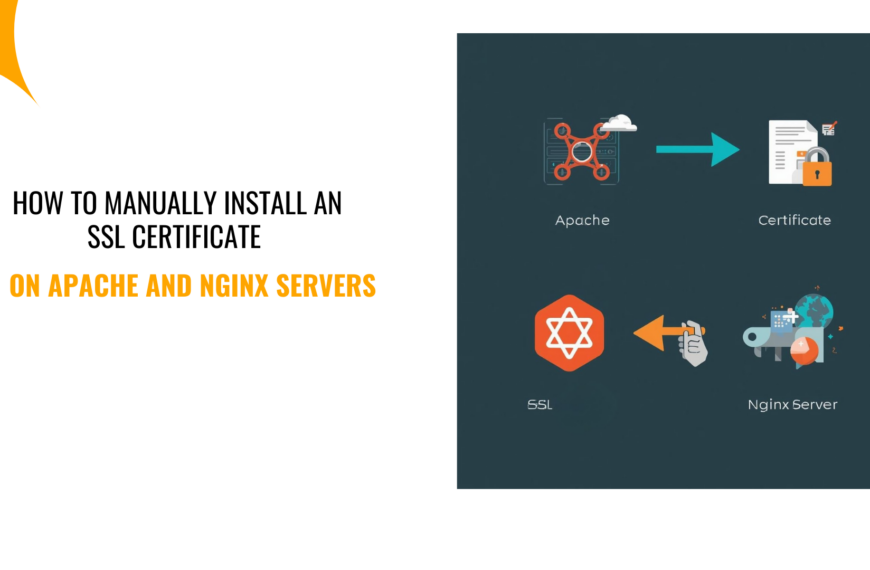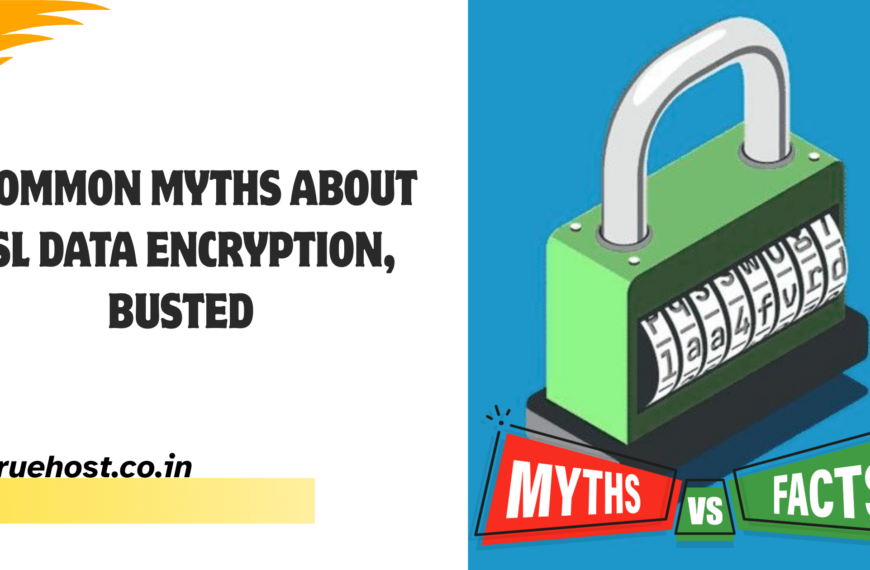Imagine walking into a bank that looks spotless on the outside. I am talking shiny counters, smiling staff but when you try to make a deposit, you notice there is no vault, no locks, no guards. You’d turn around instantly, right?
That is exactly how visitors feel when they land on a website without proper SSL protection. A missing padlock next to your domain name is the online equivalent of “we don’t really protect your data here.”
But here’s the twist, not all SSL certificates types are the same. Choosing the wrong type can mean you are overspending for features you don’t need or under-protecting your visitors. So, if you have been wondering which SSL fits your website, this in-depth guide will walk you through each type, its benefits, limitations, and when to use it.
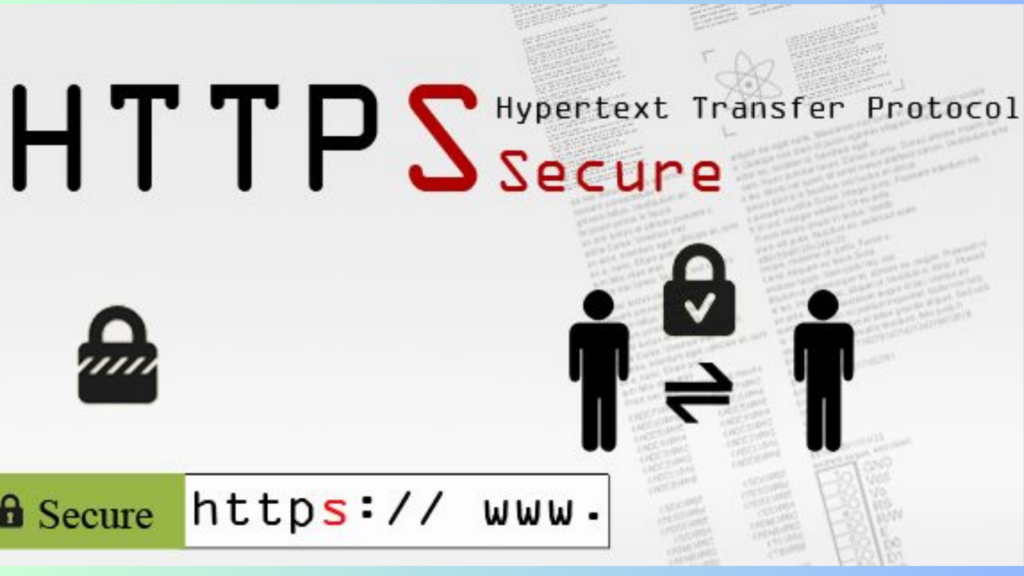
Main SSL Certificates Types by Validation Level
See, SSL certificates types are grouped by how much checking the Certificate Authority (CA) does before issuing one. Think of it as a scale. The more they verify your identity and business details, the higher the trust your visitors will place in you. Now, what are some of the common SSL Certificates types:
1) Domain Validated (DV) SSL Certificates
Domain Validated SSL certificates are the simplest and fastest type to obtain, making them a perfect quick entry into website security. When you apply for a DV SSL, the Certificate Authority’s job is to confirm that you truly own the domain you are trying to secure.
This verification is usually done through a quick email to the registered domain contact or by adding a small DNS record to your domain settings. Once the CA sees that you have control over the domain, the certificate can be issued. Often within minutes or a few hours at most.
They are the lowest-cost option on the market, which is why so many personal blogs, portfolios, and small non-commercial sites start here. If your website is more about sharing information than collecting sensitive data, a DV SSL gives you a straightforward way to add the padlock icon and HTTPS in the browser bar without diving into complicated paperwork. The process is almost entirely automated, which means you don’t need to submit legal or company documents.
However, because DV SSLs only confirm domain ownership, they don’t give visitors any extra assurance about who is behind the website. This is why they are not recommended for e-commerce stores or platforms handling customer payment details. A DV SSL will encrypt data in transit, but it won’t verify your business identity. So if building strong consumer trust is a top priority, you might want to consider a higher validation level.
2) Organization Validated (OV) SSL Certificates
Organization Validated SSL certificates types are the middle ground between quick, entry-level DV SSLs and the highly detailed Extended Validation certificates. With OV SSLs, the Certificate Authority takes a more thorough approach to verification.
They don’t just check that you control the domain, they also confirm your organization’s legitimacy by reviewing official records such as your business registration, physical address, and sometimes even verifying your phone number. This process adds an extra layer of trust because it proves to visitors that there is a verified business behind the website they are visiting.
The issuance process typically takes between one and three business days. While this is slower than a DV SSL, it is still much faster than the extended timelines of EV SSLs. Many businesses consider this timeframe a fair trade-off for the credibility boost an OV SSL provides.
Once installed, your site will display the familiar padlock and HTTPS, and users can click into the certificate details to see verified information about your company. This transparency helps establish legitimacy, which is especially valuable for sites that collect personal data like names, emails, or other contact details, even if they are not processing direct financial transactions.
Cost-wise, OV SSLs fall into the mid-range category. They are more expensive than DV certificates because of the manual verification process, but they are still an affordable option for small to medium-sized businesses looking to enhance their security posture. The additional trust factor makes them a better fit for customer-facing companies that want more than just basic encryption.
3) Extended Validation (EV) SSL Certificates
Extended Validation SSL certificates represent the highest standard of trust and verification in the SSL world. Obtaining one involves a rigorous vetting process by the Certificate Authority. Where they thoroughly check your organization’s legal status, operational history, physical location, and authorization to request the certificate. This is not a quick, automated procedure. The process can take several days or even weeks depending on how fast you can provide the required documents and respond to verification requests.
What you get in return is unmatched credibility. EV SSLs are designed for organizations where trust is absolutely critical. Think e-commerce platforms, financial institutions, online marketplaces, or government portals. When visitors see that your SSL has undergone the most extensive verification possible.
They know that not only is the connection secure, but the entity running the site is also authentic and legally accountable. While modern browsers have toned down the way EV SSLs are displayed in the address bar, the certificate details still reveal your company’s verified name, offering assurance to anyone who checks.
EV SSLs do come at a premium price, often making them the most expensive SSL option. They also require careful planning to accommodate the longer issuance process. But for businesses where a single data breach could devastate trust and revenue, the investment pays off in peace of mind for both you and your customers.
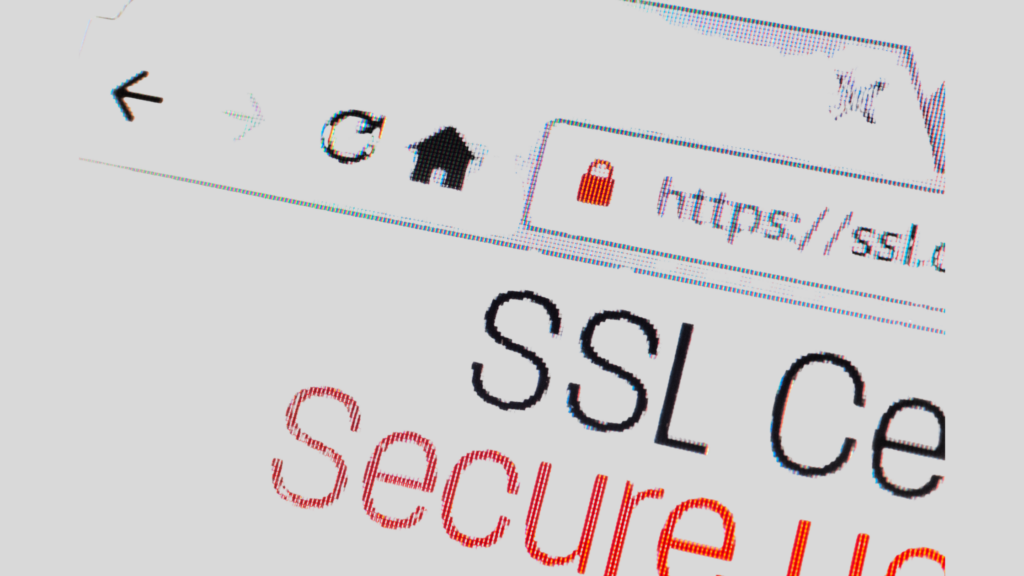
SSL Certificates Types by Domain Coverage
Once you have decided on the right validation level, the next step is determining how many domains or subdomains you need to secure. This decision affects both cost and convenience because each certificate type covers a specific scope.
- Single-Domain SSL Certificates: These are the simplest option, securing only one fully qualified domain name, for example, mywebsite.com. They are perfect for businesses or people with a single web property who want a straightforward, low-cost way to enable HTTPS. However, they don’t cover subdomains like blog.mywebsite.com, which means you will need to buy additional certificates if you expand.
- Wildcard SSL Certificates: They go one step further, securing your main domain and an unlimited number of subdomains. If you are running multiple sections of your site, say, an online store, a blog, and a members’ portal, all under the same domain, a Wildcard SSL can protect them all under one certificate. This is far more efficient than buying separate SSLs for each subdomain. The only limitation is that Wildcard SSLs won’t protect different domains altogether. Only subdomains of the same root.
- Multi-Domain SSL Certificates: They are also called SAN or UCC certificates. Perfect for those managing several distinct web addresses. They let you protect multiple domains under a single SSL, cutting down on administrative hassle. This makes them especially popular with businesses operating in multiple regions or managing a suite of related products, each with its own domain.
- Multi-Domain Wildcard SSL: For when your network of websites is even more complex. Say, you need to protect multiple domains and their subdomains. These are typically used by large enterprises or SaaS providers running vast digital ecosystems.
- Unified Communications Certificates (UCCs): They were originally designed for Microsoft Exchange and Office Communications environments. However, they have become a practical choice for organizations needing to secure a mix of services across different domain names. They are similar in scope to multi-domain SSLs but optimized for specific enterprise-level setups.
How to Choose the Right SSL Certificates Types
It is all simple really. Just ask yourself:
How many domains or subdomains do I have?
Am I handling sensitive transactions?
How much trust do I want to build instantly?
What is my budget?
Take a look at this quick guide:
- Personal blog: DV + Single-Domain
- Small biz site: OV + Single-Domain/Wildcard
- Online store: EV + Single/Multi-Domain
- Enterprise: Multi-Domain Wildcard
Installing SSL on Your Truehost Account
With Truehost, setup is straightforward:
- Log into your Truehost client area.
- Choose your SSL product and click Configure.
- Generate your CSR from cPanel.
- Complete validation.
- Upload the certificate to your hosting account.
- Enable HTTPS site-wide.
Need help? Truehost’s 24/7 support team can walk you through the process step-by-step.
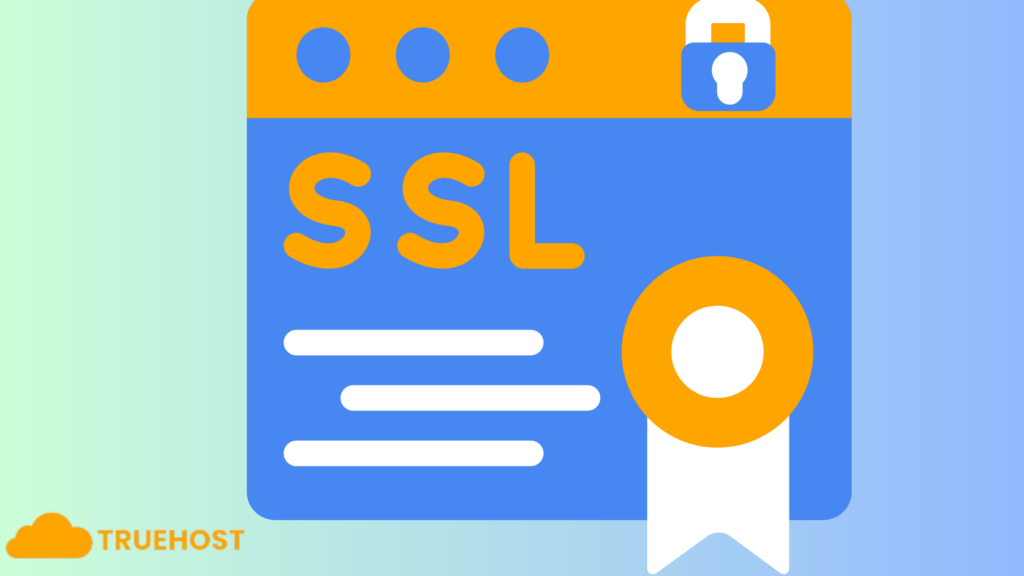
Read More on SSL from Truehost
- SSL Certificates in India: Benefits, Types & How to Get One
- Do we need an SSL certificate for HTTPS?
- How To Get an SSL Certificate GoDaddy In India
Final Thoughts: Why We are Your Best Bet
Picking the right SSL is about building trust. The right SSL certificates types will protect your visitors, improve your SEO, and enhance your brand’s credibility.
At Truehost, we offer different SSL certificates types. From quick DV options for bloggers to EV certificates for financial institutions, all at competitive prices, with expert support.
It doesn’t matter whether you need a single-domain DV for a small site or a complex multi-domain wildcard for an enterprise network, we have got you covered.
Don’t wait for a browser warning to scare away visitors. Secure your website today with Truehost.
 Web HostingBudget-friendly shared hosting plans
Web HostingBudget-friendly shared hosting plans Domains SearchFrom .com to unique country domains, explore and register extensions worldwide.
Domains SearchFrom .com to unique country domains, explore and register extensions worldwide. WordPress HostingPower your blog or business with WordPress hosting.
WordPress HostingPower your blog or business with WordPress hosting. Email HostingSimple, secure email hosting that helps you stay connected and professional.
Email HostingSimple, secure email hosting that helps you stay connected and professional. Reseller HostingStart your own hosting business with easy and reliable reseller hosting plans.
Reseller HostingStart your own hosting business with easy and reliable reseller hosting plans. AffiliateJoin our affiliate program and earn commissions every time you bring in new customers.
AffiliateJoin our affiliate program and earn commissions every time you bring in new customers. cPanel HostingHosting powered by cPanel, the world’s most user-friendly control panel.
cPanel HostingHosting powered by cPanel, the world’s most user-friendly control panel. Windows HostingBuilt for Windows applications and websites
Windows HostingBuilt for Windows applications and websites IN Domain PricesDon’t miss out on the best domain deals in India!
IN Domain PricesDon’t miss out on the best domain deals in India! WHOIS LookupFind out who owns a domain name with a quick and easy WHOIS search.
WHOIS LookupFind out who owns a domain name with a quick and easy WHOIS search. Domain TransferTransfer your domain to us and enjoy reliable support every step of the way.
Domain TransferTransfer your domain to us and enjoy reliable support every step of the way. .Com DomainGet the most trusted domain for worldwide credibility
.Com DomainGet the most trusted domain for worldwide credibility All TldsSearch and register domain extensions worldwide.
All TldsSearch and register domain extensions worldwide. Managed VPS HostingNot a tech expert? Choose our fully managed VPS service.
Managed VPS HostingNot a tech expert? Choose our fully managed VPS service. Dedicated ServersTake full power and total control of your own physical server.
Dedicated ServersTake full power and total control of your own physical server.
